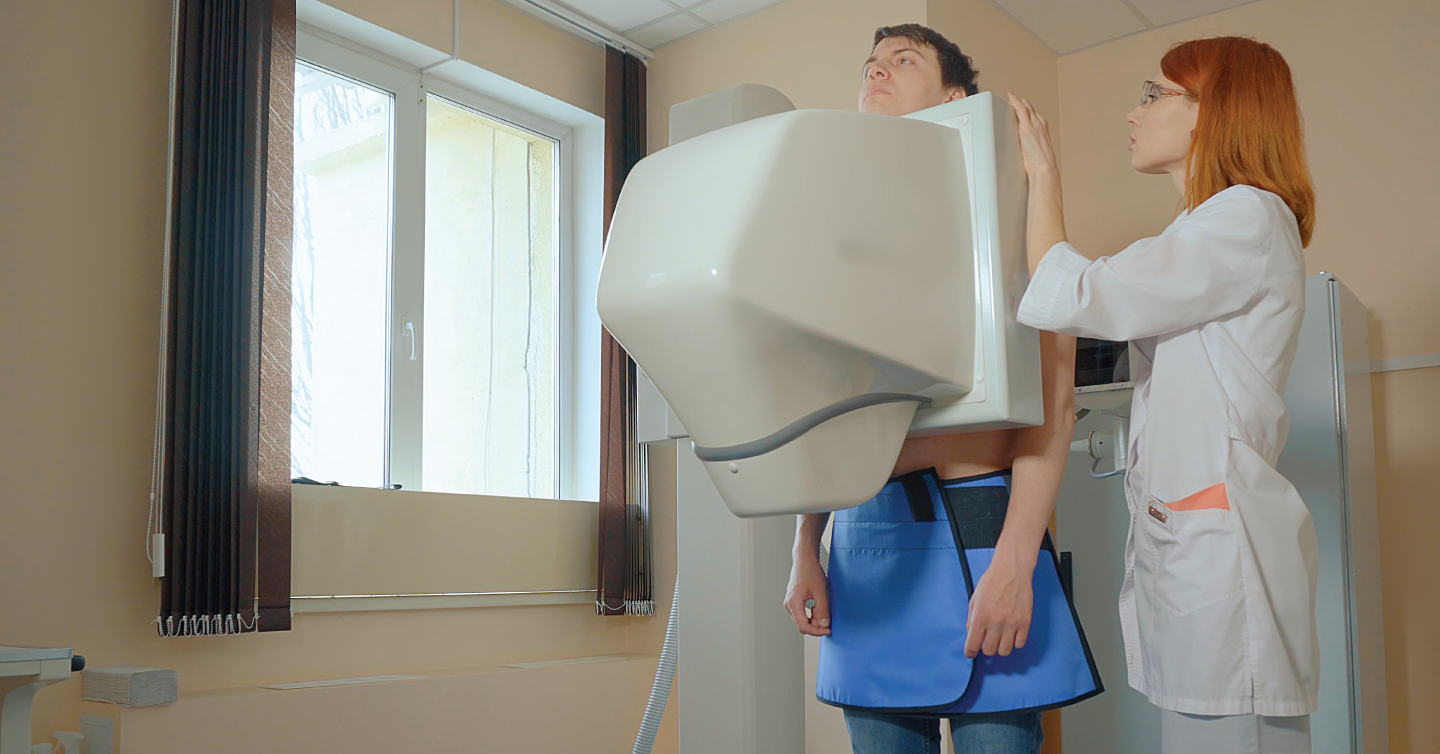Men Can’t Get Breast Cancer and Other Myths

Breast Cancer Facts, Myths and Other Info You Need to Know
By Samantha Clark, supervisor, Wellness – Quality Health Integration at Network Health
10/10/2022
October is Breast Cancer Awareness Month, an effort that started in 1985 to raise awareness of breast cancer and raise funds for a cure. The efforts have certainly been successful at increasing awareness, with events for breast cancer awareness happening across the globe. But, as with anything that gains such worldwide attention and affects so many people, inaccurate information can spread easily.
In the case of breast cancer, a number of myths have formed around the disease. We’re here to get to the bottom of what’s true, what’s not and what you need to know.
What Causes Breast Cancer?
Myth #1 – "An injury to the breast can cause breast cancer."
Just as with injuries to other parts of your body, there is no reason to think that because you sustained an injury to your breast that such trauma will cause breast cancer. Injury to the breast tissue may cause a lump to form due to bleeding and tissue damage, and that may be where this myth stems from. That said, there is no link between such an injury and breast cancer.
Myth #2 – "Wearing certain bras can cause breast cancer."
The explanation for this myth is that some bras can obstruct lymph flow, resulting in breast cancer. This is simply not true. According to the American Cancer Society, looked at this particular claim and found no connection between wearing a bra and someone’s risk for breast cancer.
Myth #3 – "A family history of breast cancer means you will definitely get breast cancer too."
It’s true that genetic factors and a family history of breast cancer do play a part in your risk factor for breast cancer. One myth states that if you have the BRCA1 or BRCA2 genes that you will get breast cancer, but the truth is that everyone has these genes. Mutations to these genes, however, can be passed along in families and increase one’s risk. Roughly 5-10% of those diagnosed with breast cancer have such a mutation. Simply put, a family history of breast cancer does increase your risk, but it certainly doesn’t guarantee you will get breast cancer.
Common Risk Factors for Breast Cancer
So, what actually causes breast cancer? As mentioned, genetics are part of the equation, but there are a number of other risk factors that you should be aware of as well. Like your genetics, many of these factors can’t be changed, such as the following list from the Centers for Disease Control and Prevention (CDC).
- Age (particularly if you are over 50)
- Early menstrual periods (earlier than age 12)
- Late menopause (after age 55)
- A family history of breast or ovarian cancer
- Dense breast tissue
- Radiation therapy near the breasts before age 30
The good news is that there are some risk factors you can change. Again, the CDC highlights the following as factors that are in your control.
- Lack of physical activity
- Drinking alcohol
- Being overweight/obesity past menopause
- Certain hormone replacement therapies
- Having your first pregnancy after age 30
- Not breastfeeding
How to Detect and Prevent Breast Cancer
Myth #4 – "If there is no lump, then there is no breast cancer."
Checking your breasts for lumps regularly is a great way to stay ahead of the game in detecting possible breast cancer. That said, just because you can’t feel or find a lump doesn’t mean there is definitively no cancer present. A lump may be a common symptom for breast cancer, but there are plenty of people who get breast cancer and have no lump. That is why regularly scheduled mammograms are so important. Alternatively, just because you have a lump doesn’t necessarily mean it’s cancer. Therefore, you should always check with your personal doctor should you find any lumps in your breasts.
Myth #5 – "Men cannot get breast cancer."
It’s certainly true that most breast cancer cases occur in women, but just because someone is a man doesn’t mean they shouldn’t be proactive in their own detection and prevention of breast cancer. Factors that include age, genetics, obesity, estrogen treatments and more can affect men’s chances of getting breast cancer. According to the American Cancer Society, an estimated 2,710 men will be diagnosed with invasive breast cancer in . Trans men who have who have not undergone breast reduction/removal surgery are at risk of breast cancer in line with the previous stated risk factors. For trans men who have undergone breast reduction or removal surgery, such surgery decreases risk for breast cancer but not to the degree a full mastectomy would. Consult your personal doctor to determine your risk and recommended screening options.
Myth #6 – "If you are under a certain age, you don’t need to worry about breast cancer."
Old age is a risk factor for breast cancer, but younger people shouldn’t be excluded from breast cancer detection and prevention best practices. People with breasts getting breast cancer under the age of 50 is far from uncommon, and even people under the age of 40 can and do get breast cancer.
What Can You Do to Detect and Prevent Breast Cancer?
When it comes to breast cancer, the beast prevention is early detection. The best way to detect breast cancer early is through regular mammograms. The U.S. Preventive Services Task Force recommends people with breasts, aged 50-74, who are at an average risk for breast cancer, receive a mammogram every two years. For those aged 40-49, it is best to talk with your personal doctor about when to start mammograms and how frequently they should be performed.
Your personal doctor may also opt to perform a clinical breast exam using their hands to feel for lumps. This is a type of self-exam you can also perform yourself at home. In addition to feeling for lumps, a self-exam can also involve detecting any pain or size changes in either breast.
Is an MRI Better at Detecting Breast Cancer?
If you’ve received an MRI recently or are aware of how an MRI works, you may be wondering if an MRI does a better job than (or just as good of a job as) a mammogram. Breast MRIs can be used in conjunction with mammograms for those at a high risk of breast cancer, but according to the CDC, they aren’t used for people who are at an average risk due to their ability to appear abnormal even when no cancer is present.
Now that you’ve learned what’s true and what’s not regarding some common breast cancer questions and myths, remember that your personal doctor is always the best source of information, especially when it comes to your individual wellness plan. Should you have any questions about mammogram or other coverages with your Network Health plan, please don’t hesitate to give us a call.
Questions about your plan? Call us at Network Health



